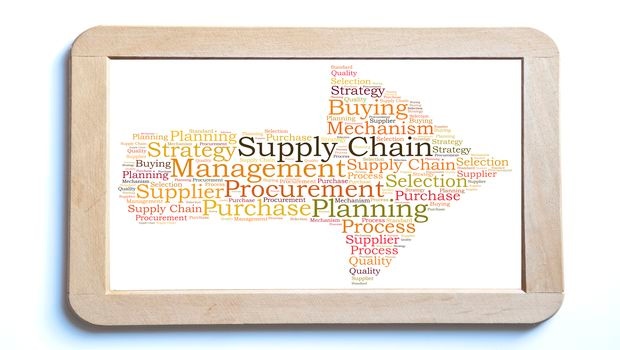New USFRA report finds farmers struggle in navigating maze of food and agriculture metrics.
November 6, 2019

Farmers and ranchers are being asked by food companies to measure and report more farm-level data than ever before -- things like water use, fertilizer applications, antibiotic use and more. However, there is a growing need to co-create a data collection and reporting system that works for all members in the supply chain, according to a new report from the U.S. Farmers & Ranchers Alliance (USFRA).
The report, "Navigating the Food Metrics Maze: The Quest for Better Data Flow Across the Food Value Chain," analyzed results from interviews with 34 sustainability leaders at food companies, nine representatives from sustainable roundtables and 20 farmers and ranchers as well as a conducted a quantitative analysis of the public reporting of 84 food companies (processors, consumer packaged goods, foodservice companies, restaurants and retailers).
"The ultimate goal is to ensure the resiliency of our food and agriculture supply chain in the 21st century," USFRA chief executive officer Erin Fitzgerald said. "We can't make progress toward this grand challenge without coordinated metrics that work on the farm and up the supply chain."
According to the report, farmers are attempting to be responsive by adding new on-farm technology that allows them to capture the data accurately, but at an increased cost and time that they typically shoulder alone.
The report found that the increased demand for data is being driven by companies' desire to manage risk in their supply chains as well as stakeholder pressure for more transparency surrounding food production. Food companies are setting goals that they can meet only through farmer action. The data help tell the bigger story around farms' and ranches' resiliency to the impact of climate change and how farmers and ranchers are safely and sustainably meeting the needs of a growing population.
Many of the farmers interviewed said the metrics they were asked to report often didn't really make sense for their particular context and that many of the requests they received did not consider farmers' perspective. Some also said there needs to be a balance between transparency and confidentiality of data -- or, at the very least, an understanding of how the collected data will be used.
Twenty-eight out of 34 food companies interviewed for the report noted that they are aware of the frustration farmers and ranchers are experiencing with the data requests and said they wanted to do something about it. Sixty-nine percent of companies interviewed expressed, in one way or another, the need to do a better job “making the case to farmers about the value of reporting and connecting it to important economic and sustainability outcomes.”
More than 16 agriculture and food metrics initiatives have been created to address this need for better data, in addition to the more general frameworks that exist to guide company reporting on sustainability issues such as the Global Reporting Initiative, the Sustainability Accounting Standards Board and the Carbon Disclosure Project. Some agricultural metrics initiatives have been industry led, while others have been multi-stakeholder efforts that bring together food companies, non-government organizations (NGOs), producers and academics to co-create a data collection and reporting methodology.
Many of these metric initiatives have made significant progress in developing effective metrics and tools, but challenges of adoption and optimization remain. In a survey of 27 of the food companies interviewed, only 25% of company participants in metrics initiatives were actually using some or all of the metrics they had helped create, and many were continuing to use their own data requests. “The resulting proliferation of requests, frameworks, platforms, tools and initiatives has created a complex, time-consuming and often confusing reporting landscape that is difficult for farmers, investors, NGOs, food companies, consumers and other stakeholders to navigate,” the executive summary of the report noted.
"Throughout the food supply chain, many of us are already operating on tight margins, but farmers understand the need to stay competitive," said USFRA chairman Chip Bowling, a seventh-generation farmer from Newburg, Md. "We need to have a seat at the table in creating sustainable food goals."
USFRA advocates lowering the burden of farm-level data collection and reporting for all while also allocating the value it creates, and investment it requires, throughout the food chain.
"A critical starting point for this work will be creating a more productive partnership between farmers and ranchers and food makers," Fitzgerald added. "We all have an obligation -- farmers, ranchers and food makers alike -- to collectively and sustainably meet our future needs to both nourish people and protect the planet."
You May Also Like


.png?width=300&auto=webp&quality=80&disable=upscale)
